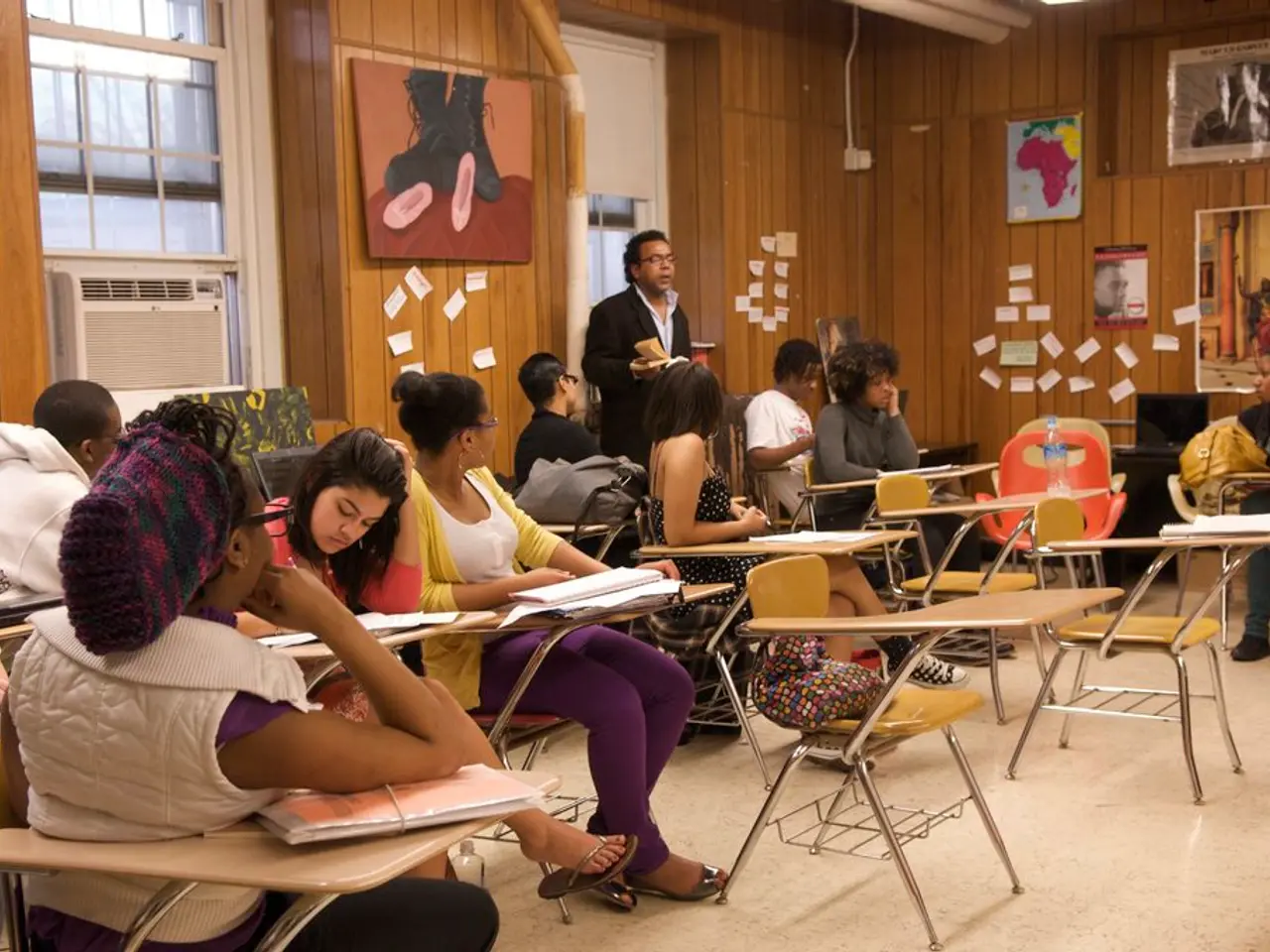In light of recent studies, it appears that a significant number of individuals struggle with critical thinking, which poses challenges for educators. Is this trend indicative of an educational crisis?
In a groundbreaking study, psychologists have found that mental effort is often perceived as unpleasant, a finding that could have significant implications for educators. The study, published in Psychological Bulletin, was inspired by a decades-old debate in psychology and involved data from over 170 previous studies, with thousands of participants from various cultures.
The study's authors, including psychologist and professor Erik Bijleveld from Radboud University in the Netherlands, propose that mental effort is inherently aversive, supporting theories that conceptualize effort as a cost. The research found that rewards did little to change people's aversion to mental effort, even in tasks with game-like features.
So, what does this mean for educators? According to Louise David, a co-author of the study, educators should focus on creating structured and supportive learning environments that balance challenging tasks with guided practice, scaffolding, and clear instructions. "Recognizing and rewarding students' effort, not just learning outcomes, may encourage a more positive association with effortful cognitive activities," David suggests.
The unpleasantness of mental effort may serve as a compass, guiding people regarding what they care about and who they are as a person, according to Bijleveld. He notes that the unpleasantness of mental effort may serve a purpose, such as the IKEA effect, which suggests that if people invest more effort into creating something, they may value the product of their work more.
To reduce the aversive nature of mental effort, educators can take several strategies. First, they can reduce emotional and cognitive barriers by creating safe learning environments that reduce anxiety and promote emotional resilience. This includes fostering self-compassion, especially among perfectionistic or high-ability students, which supports mental well-being and reduces task aversion.
Second, educators can frame effort and setbacks positively. The study shows people strongly resist "doubling back" or undoing prior work because it feels like wasted effort, which makes continuing feel harder. Educators can lessen this by encouraging a growth mindset and seeing revisions, mistakes, or restarting as part of the learning journey rather than failures.
Third, educators can explicitly recognize and reward effort. Since mental effort can feel unpleasant, emphasizing effort itself as valuable can motivate students who might otherwise avoid challenging tasks. This could include verbal praise, feedback focused on strategies rather than just outcomes, and reward systems that highlight persistence.
Fourth, educators can counter cognitive biases. Awareness of loss aversion, sunk cost fallacy, and identity-based biases can help educators guide students in making adaptive decisions and persisting through difficult tasks.
Lastly, educators can provide scaffolding and incremental challenges. Breaking complex tasks into manageable steps can reduce the emotional load and perceived aversiveness. This aligns with reducing overload on areas of the brain responsible for rational decision-making that can be compromised by negative emotions.
By implementing these strategies, educators can reduce the subjective unpleasantness of mental effort, encourage recognition of effort, and support sustained student engagement and resilience. Educators should aim to foster environments and mindsets that view effort as a positive, manageable, and worthwhile part of learning.
Read also:
- Deteriorating brutality in the restaurant industry persists
- Bolivia's upcoming election could mark the demise of its long-standing leftist regime. Here are key points to consider.
- Removing Unlicensed Tunes and Intellectual Property of Others in Producer's Materials
- Launching a Home-Based Online Venture at No Cost: A 9-Step Guide




